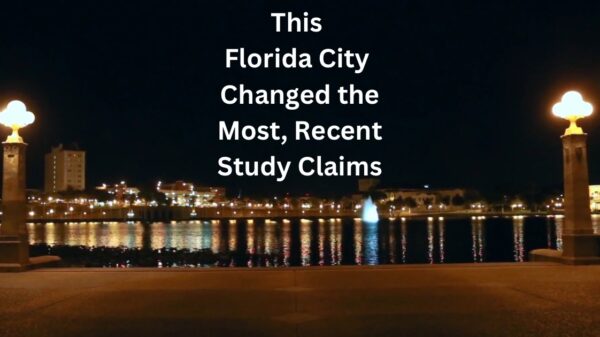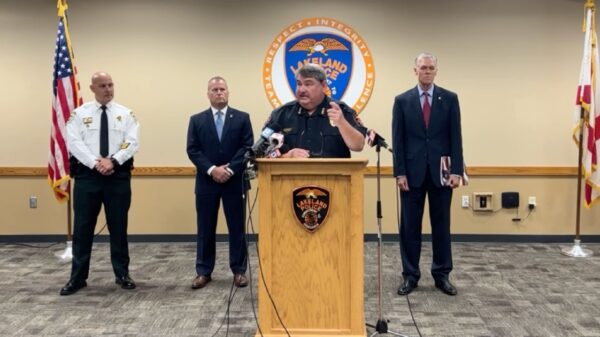Three professors at Florida Polytechnic University in Lakeland have been recognized as among the top 2% of scientists in the world. Patrick Zhang, Ajeet Kaushik, and Muhammad Rashid received this honor from Stanford University for their work in the recovery of critical rare earth elements, nanotechnology, and electrical engineering.
Each of these professors has previously appeared on the list. Stanford’s annual ranking evaluates researchers based on the number of articles they have published and the citations those articles receive, emphasizing the impact of their research.
“We are extraordinarily proud of these faculty members and their commitment to staying at the forefront of technological advancements in their fields,” said Devin Stephenson, president of Florida Poly.
Zhang serves as the director of research at Florida Poly’s Industrial and Phosphate Research Institute. The United States imports over 80% of its rare earth elements, and Zhang’s research focuses on identifying new methods for domestic production of these materials. Rare earth elements are essential for various technologies, including smartphones, solar panels, electric vehicles, and wind turbines.
“I feel honored and humbled. I truly believe our research is making an impact both nationally and internationally,” Zhang stated. “Recovering rare earths from phosphate is crucial for extracting these critical materials from unconventional resources.”
Kaushik is an assistant professor of chemistry in the Department of Civil and Environmental Engineering. He conducts research on the use of electrochemical sensors for health and environmental management, which help detect “markers of concern” that may indicate disease, infection, or environmental exposure.
Rashid is the interim chair and a professor in the Department of Electrical, Computer and Cybersecurity Engineering. He is recognized as one of the leading experts in his field and has authored seminal textbooks used in universities across the United States. Earlier this semester, he was acknowledged as a top scholar by Scholar GPS, placing him among the top 0.5% of scholars worldwide.





















